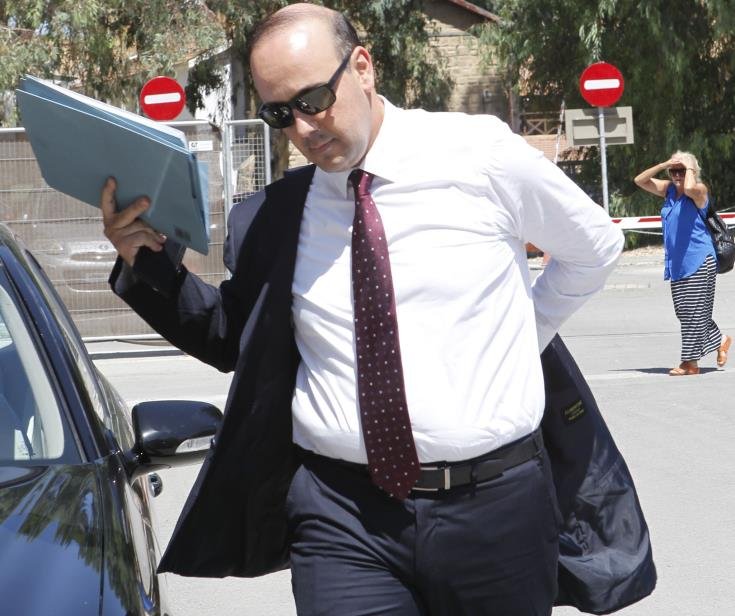Accusations of corruption erupted in Paphos on Thursday between local authorities regarding the decision to grant a permit to a hotel in Latsi.
Polis Chrysochous Mayor Yiotis Papachristofi accused Paphos Mayor Phedonas Phedonos of attempting “to slight the businessman in question.” Papachristofi’s remarks came after Phedonos criticised the Paphos district government’s decision to approve the hotel’s permit.
Papachristofi suggested that Phedonos has personal differences with the hotel’s developer, alleging that this was the reason for Phedonos’ intent to report the matter. He defended the project, insisting that the hotel complied fully with legal requirements and that proper procedures were followed. According to Papachristofi, the project will boost tourism, create jobs, and drive economic growth in the region.
Phedonos hit back, saying Papachristofi “covered up the illegalities and collaborated with those breaking the law. He’s now trying to hide.”
Speaking to the Cyprus News Agency, Phedonos claimed that construction on the hotel began in September of last year, despite the planning permit being issued a month later and allowing only a two-storey structure – not a hotel.
This is because the zone the construction is in does not allow for anything more than what the permit specified according to Phedonos.
The project was being built without a permit, he said. “Even more shocking and illegal is that for nine months they were building a three-storey hotel, but they had a permit for two floors.”
On May 30 of this year, when the building’s framework – this including the third floor – was almost complete, the town planning department issued a warning to halt construction. According to Phedonos, the developer ignored the warning and continued building, allegedly with the “tolerance and coverup of specific people”.
Phedonos continued that on June 7, and two days before local authority elections, the zoning regulations ‘changed’ to allow three-storey constructions and hotels.
Phedonos condemned this sequence of events, describing it as a deliberate effort to “legalise illegalities” 15 months after construction began. “The state and authorities failed to act and instead worked to legitimise violations,” he said.






Click here to change your cookie preferences